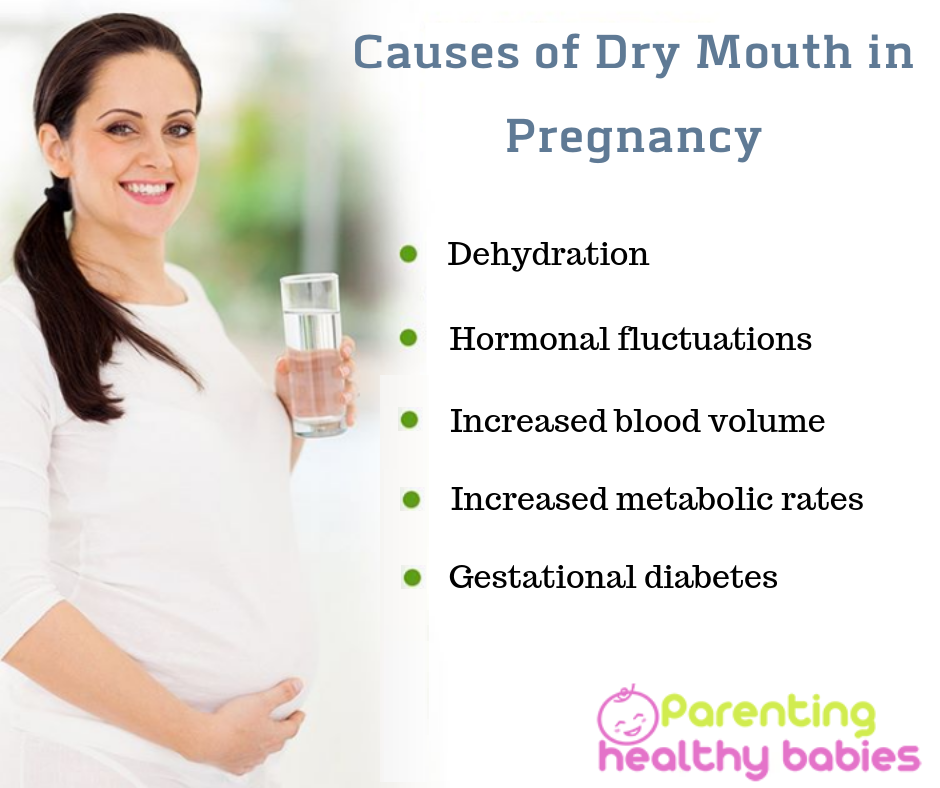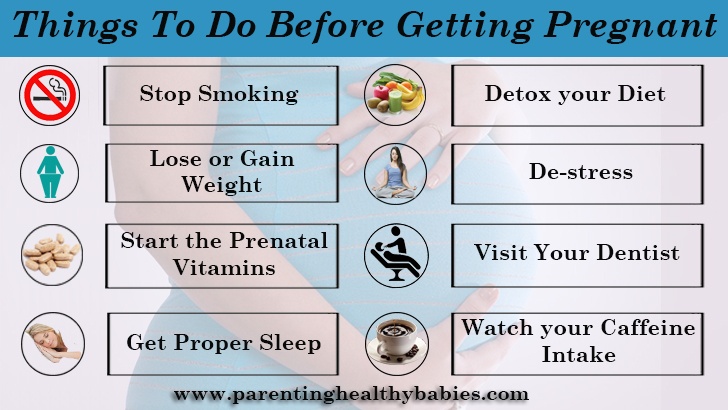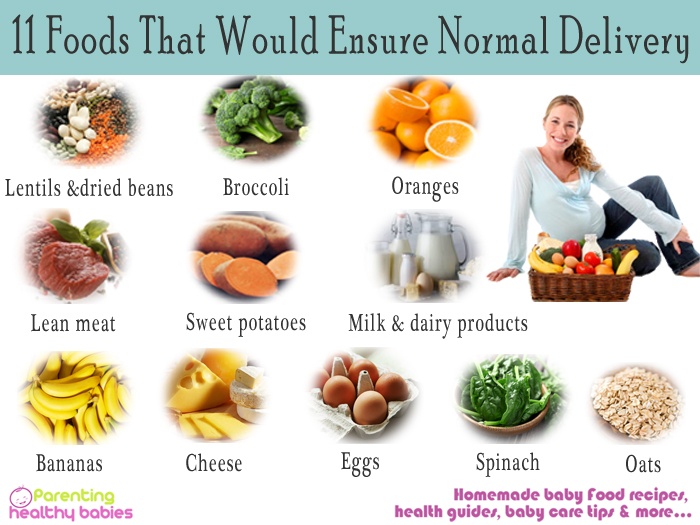Pregnancy is a roller coaster ride. On the upside is the wonderful experience and feelings of motherhood while on the downside are all the emotional, physical and mental challenges pregnancy throws at us. Some of these challenges may have severe complications, others, though not serious (and so, not talked about much) definitely make our lives a little more difficult. One such challenge commonly experienced in pregnancy is dry mouth.
Dry mouth or cotton mouth, medically known asXerostomia is not a disease. It is merely a symptom that something in your body is changing. In pregnancy, it commonly occurs in the first trimester but it can persist in the second and third trimester as well. It is often accompanied by bad breath and a metallic taste. It is known to worsen at night.
Common signs of dry mouth are:
- Dried stuffy nose and parched throat.
- Dry, cracked lips
- Rough tongue
- Burning sensation in mouth
- Mouth sores
- Difficulty in chewing, swallowing and talking.
- The tongue may turn pale
Causes of Dry Mouth in Pregnancy
1. Dehydration
Your body requires more fluids now. The previous quantity of water is generally not able to fulfill the increased requirements. Add to that the water lost through frequent urination and vomiting. The growing fetus requires water too. A pregnant woman should normally drink 6-8, eight ounce glasses of water daily in ideal conditions. If you live in a hot climate area or have a very active life style, increase water intake accordingly.
2. Hormonal fluctuations
The body undergoes a lot of hormonal changes especially in the first trimester. The increased progesterone levels that sustain pregnancy decrease the maternal salivary production resulting in dry mouth. According to the American Dental Association the decreased saliva levels are a major cause of oral diseases in pregnant women. It is imperative to maintain a good oral hygiene especially during pregnancy as any infection may affect the fetus too.
3. Increased metabolic rates
Your body is now performing bodily functions and providing for two living beings, you and your baby. In order to do that effectively, the body speeds up its processes and quickens the pace of formation of new cells, nutrients and enzymes. That means producing more bodily heat (which requires water to dissipate) and consuming water at a quicker rate than before.
4. Medicines you may be taking
Some medicines that we take are responsible for decreasing salivary secretions and causing a dry mouth. Common medications that cause dry cotton mouth are:
- Anti-anxiety medications
- Anti-depressants
- Anti-histaminic drugs
- Nasal decongestants
- Diuretics
- Sedatives
- Muscle relaxants
- Acne
- Epilepsy etc.
There are a total of 400 drugs that may result in dry mouth. It is extremely important to consult your doctor before taking any drug in pregnancy. Self-treatment may harm your child.
5. Increased blood volume
A pregnant female has 30-50% more blood volume than her non pregnant counterpart. This increase in volume of blood is necessary for proper nutrition of the baby, its growth and development. For the mother, though, this increase results in more excretion of water and increased load upon the kidneys and bladder which further contribute to decreased watery content in salivary secretion and dry mouth.
6. Gestational diabetes
During pregnancy, your body is at an increased risk of developing diabetes. One of the major symptoms of diabetes is dry mouth, unquenchable thirst and increased urinary output (which also occurs normally in pregnancy). This is often accompanied by cracked and peeling lips and bad breath. The symptoms of diabetes can easily be confused with ‘normal’ pregnancy symptoms. So, it is advised to always visit a doctor in case of doubt.
7. Hypertension and anemia
Dry mouth may occur in both hypertension and anemia. Pregnancy already makes you prone to both these conditions. These conditions are usually ‘silent’, that is, they do not produce any distinguishable side effects early into the disease. So it is advisable to seek the help of a doctor to rule these conditions out.
Why A Dry Mouth Should Not Be Ignored
A dry mouth may be just another annoying aspect of pregnancy but it should not be ignored because
- It may denote an underlying disease: Dry mouth may be caused by dehydration, diabetes, hypertension or anemia. Ignoring it will just aggravate your troubles.
- A persistent dry mouth causes dental caries: The dried out tooth enamel is vulnerable to bacteria which may result in dental problems like bad breath, gingivitis, caries etc.
Ways to Keep Your Mouth Moist
- Drink lots of water. You may add lime to relieve nausea and stimulate salivary glands. Ice helps in blunting the metallic taste.
- Food like carrots, celery sticks, and apple slices help in relieving dry mouth.
- Sour, hard, candy or sugar free chewing gums help keep mouth dryness at bay
- Avoid exposure to smoke.
- Make a conscious effort to breathe through the nose and not the mouth. Try to avoid a blocked nose before sleep
- Breathe in steam for about 15-20 minutes daily.
- Avoid coffee, soda and alcohol as they cause dehydration
- Practice good oral hygiene: brushing, flossing and rinsing twice a day. Use an alcohol free mouthwash.
Home Remedies to Treat Dry Mouth
- Coconut water, mild herbal teas with mint and lemon are effective remedies of dry mouth.
- Cayenne pepper: A pinch of ground pepper is rubbed over the tongue. It acts as a salivary gland stimulant.
- Fennel seeds: Dry roasted fennel seeds, ground on cooling and added to water and salt may be tried.
- Grape seed oil: Apply on tongue, leave overnight and rinse with warm water in the morning.
- Rinsing your mouth with Aloe-Vera juice can provide quick relief.
- Ginger has a long term effect on dry mouth. Moreover, it also helps in maintaining a fresh breath.
- Coconut oil: take two table spoons, swish it around the mouth for 10-20 minutes, spit and rinse. This is called oil pulling. It has been proven to give immediate relief from dryness of mouth.
Pregnancy demands a little time, attention and love. With a little care and the right information, it can be a fun experience.
Stay informed, stay healthy!
Take care.













